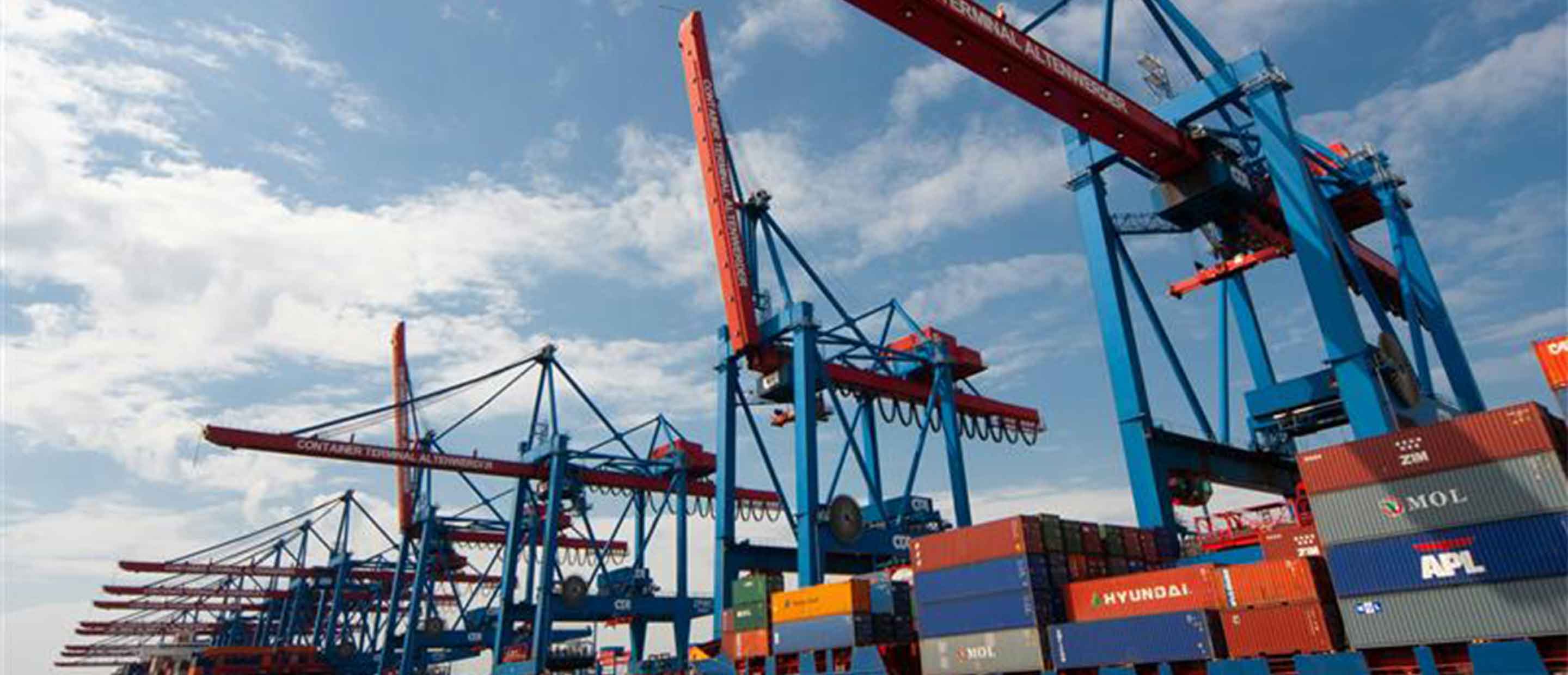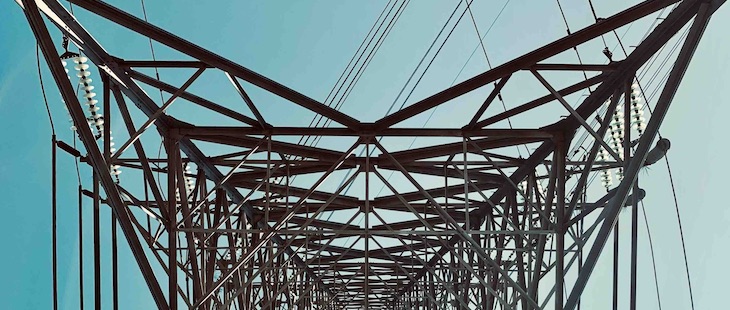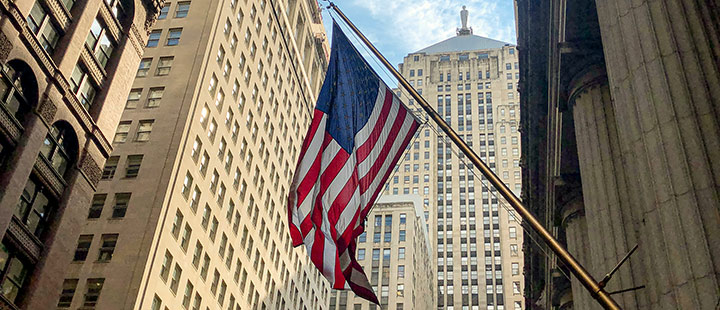The second round of the French elections has resulted in a hung parliament, with no group able to claim a majority.
In this special report, we discuss three possible political scenarios and their investment implications. None of these scenarios is likely to unfold quickly, and market volatility is possible as the political negotiations unfold. Bond markets will remain a particular focus, especially given the European Commission's efforts to contain national budget deficits. The final shape of the next French government will also have an impact on the euro and equities, and we discuss the outlook for European banks and small caps. Given lower entry points, this could provide an opportunity to rebalance portfolios.
Key takeaways:
- Contrary to market expectations, the second round of the snap elections resulted in a hung parliament. While the left-wing coalition gained 182 out of 577 seats, President Emmanuel Macron’s centrists came in second with 168 seats, and the right-wing coalition around Marine Le Pen winning 143 seats being in third place. The next weeks are expected to be dominated by negotiations to form a stable government.
- European markets opened slightly lower as political uncertainty weighed on investors' risk appetite. However, as they began to put more emphasis on the hung parliament reducing the likelihood of a large policy change, markets rebounded.
- While market volatility is likely to remain high in the coming weeks, investors could take advantage of the current, in some cases significantly lower, entry levels for European assets to gradually recalibrate their portfolios.







